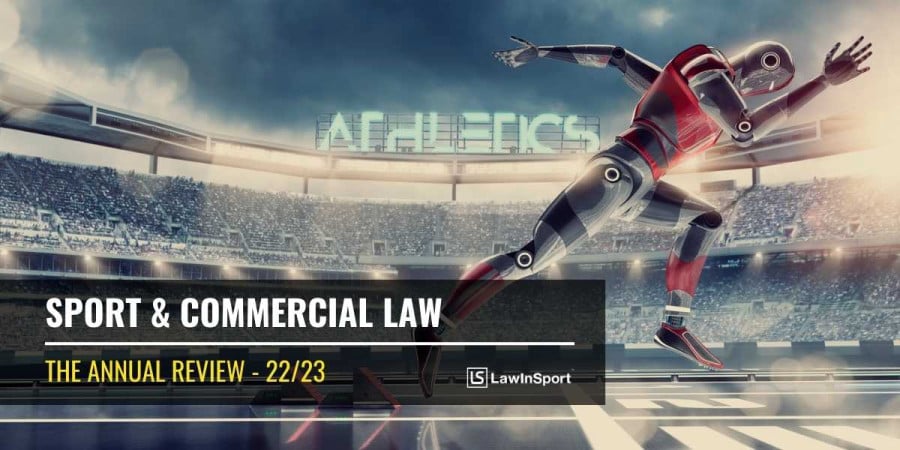Sport And Commercial Law – Annual Review 2022/23

2022 was another turbulent year for the sports industry for a number of reasons. Reflecting on the observations made in last year’s commercial review, more particularly the author’s comment that “sport does not operate in a vacuum to the wider economy”, the experiences of the past year reinforce that message.
Living a ‘new’ normal with Covid-19, the outbreak of war in Ukraine, political uncertainty, rising energy prices, and inflation have brought with them financial and ethical challenges for sport. Governing bodies, investors, rights holders and athletes themselves have had much to contend with. Yet, while these challenges persist and have had a significant impact in many parts of the sports ecosystem, the resilience and ‘specificity of sport’ to wider macroeconomic factors has been a continuing theme. Private equity investment activity – apparently put on ice in other sectors exposed to falling valuations and capital markets – has been unabated in sport. This is evident not only in the ownership of clubs but also through investment in Leagues (noting the €1.5bn investment in to French Ligue 11) and national teams (see Silver Lake’s $200 million stake into the All Blacks2). 2022 has also witnessed the continued trend of athlete investment (like Lionel Messi’s investment firm3) a number of significant commercial rights deals (more below) and, at a sporting level, a host of major events such as the FIFA World Cup, The ICC World Cup (T20) and the UEFA Women’s EUROs.
Put another way, at an investor level, the combination of dry powder in funds, market turbulence and the resilience and dependability of long-term broadcast deals has presented sport as an area of huge opportunity, inciting competition.
At a sponsorship level, new entrants have pursued a strategy of sponsoring sport to establish or grow brand exposure and/or credibility in global markets, none more so than blockchain-related companies. It is the sponsorship landscape that will be the focus of this year’s commercial chapter of the LawInSport Annual Review 2022/23. More particularly, it will examine:
-
the deluge of crypto/blockchain-related companies entering the market (and some quickly exiting);
-
how a brand or rights holder can protect itself against 2022’s downward spiral of blockchain companies;
-
observations on other sponsorship trends including naming rights; and
-
what’s next in this space.
To continue reading or watching login or register here
Already a member? Sign in
Get access to all of the expert analysis and commentary at LawInSport including articles, webinars, conference videos and podcast transcripts. Find out more here.
- Tags: Commercial Law | Contract | Cryptocurrency | Football | NFTs Investment | Sponsorship
Related Articles
- Sport And Employment Law – Annual Review 2022/23
- Sport And Media Rights – Annual Review 2022/23
- Sport, Safety And Participation – Annual Review 2022/23
- Sports Integrity: Betting And Corruption – Annual Review 2022/23
Written by
Jon Walters
Partner, Northridge
Jon provides commercial and corporate advice to clients. He is recognised by the directories as a “real go-to adviser” and a “commercial and regulatory expert”, with particular expertise on governance, corporate advice and commercial rights.
Emily Soilleux
Emily is an Associate and commercial lawyer at Northridge LLP specialising in the sport and technology sectors.
Emily has particular experience in commercial contracts, data privacy compliance, brand licensing, and sponsorship and endorsement related agreements. She advises a breadth of clients from high growth to established companies, both in the business to consumer and business to business space.




